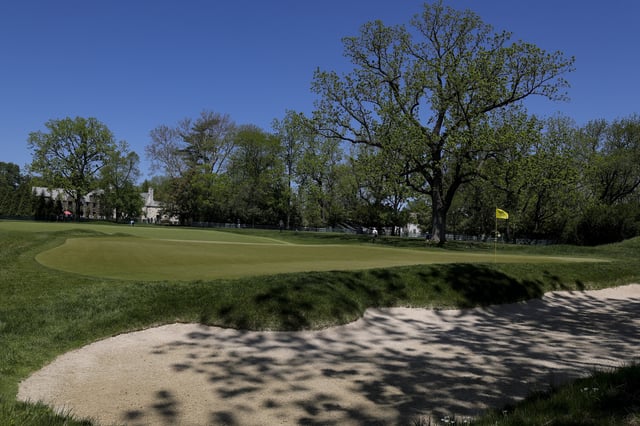Overview
- A JAMA Network Open study reports a 126% higher Parkinson’s disease risk for individuals living within a mile of golf courses compared to those living more than six miles away.
- Tap water from groundwater service areas near golf courses nearly doubles the odds of developing Parkinson’s compared to areas without golf courses.
- Researchers suggest pesticide runoff from golf courses contaminating shared water supplies as a likely contributor to increased Parkinson’s cases.
- The study analyzed data from 224 water service areas, 711 municipal wells, and 450 Parkinson’s cases in Wisconsin and Minnesota between 1991 and 2015.
- Experts are calling for expanded environmental monitoring, preventive measures, and follow-up studies to directly measure pesticide levels in water and assess risks in other regions.



